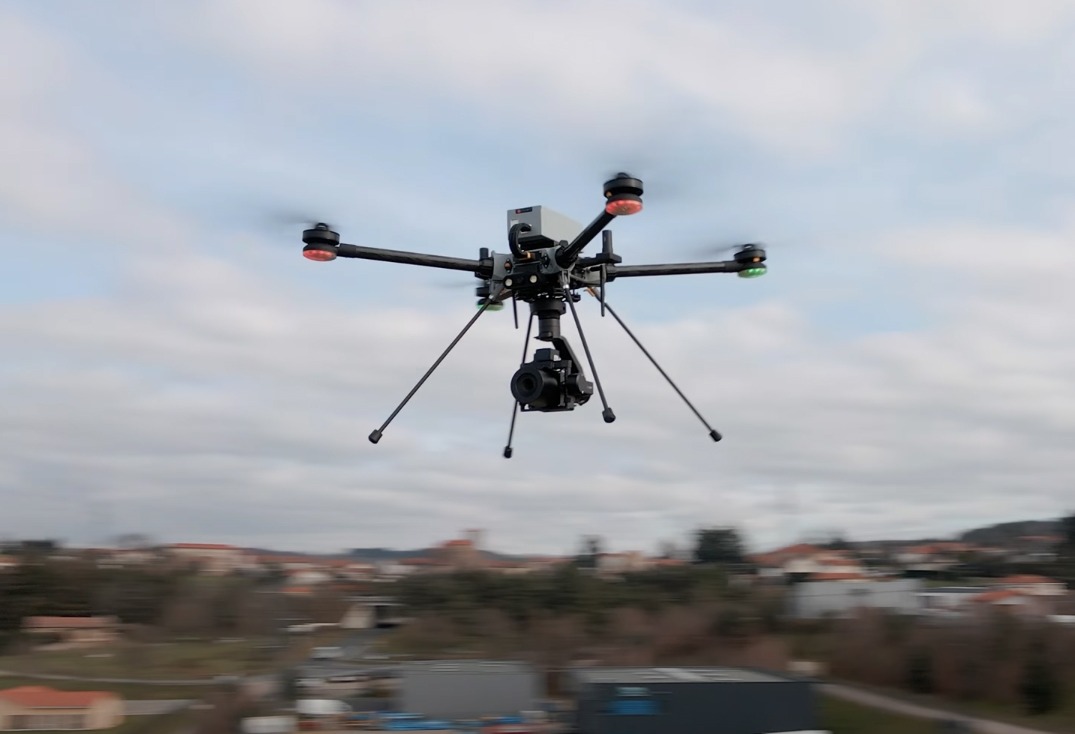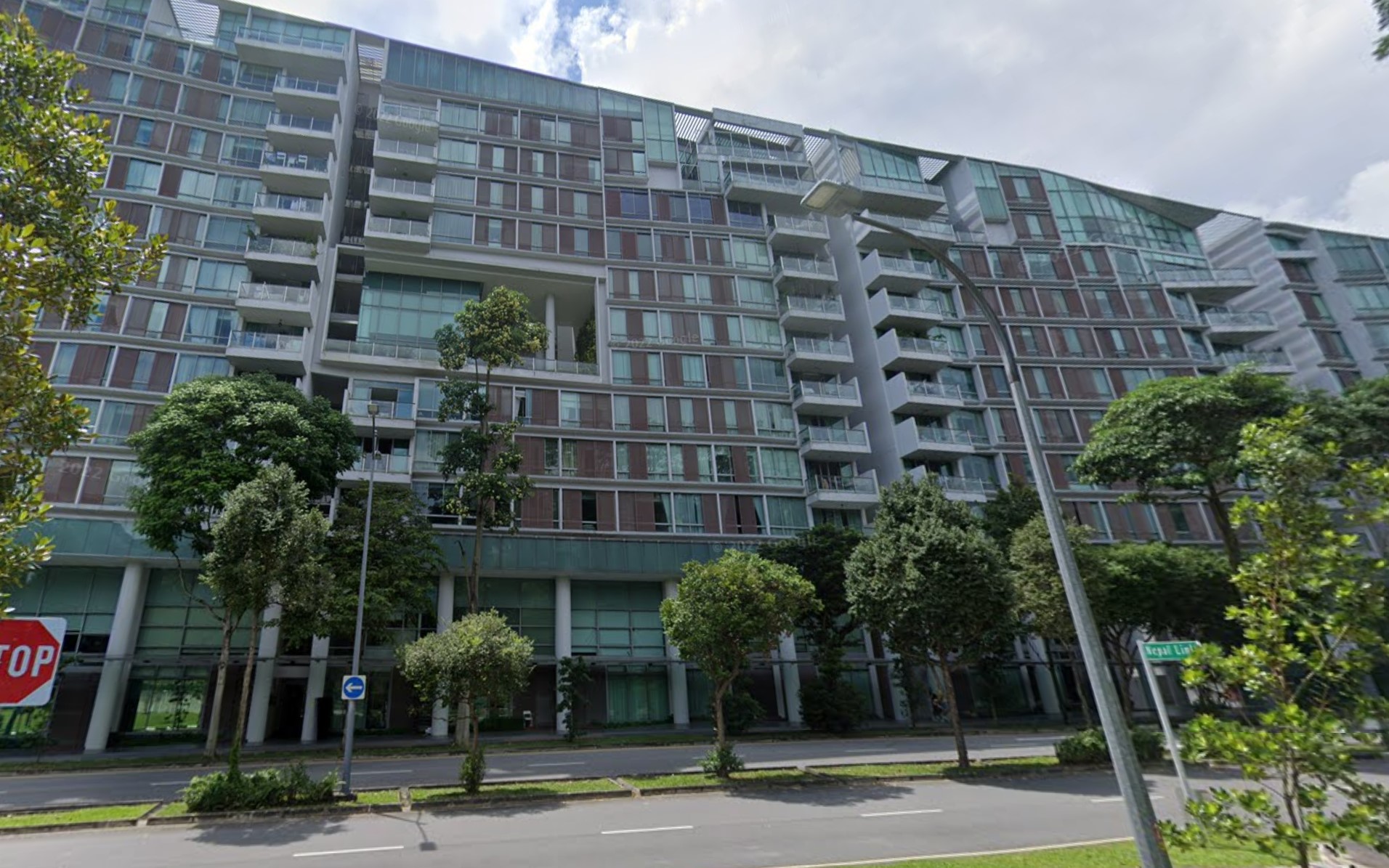Drones seem to be a tool of the future, capable of being used for delivery, creating light shows, or as the war in Ukraine showed us, for attacking.
However, these unmanned vehicles are still vulnerable to malfunctions.
Drone Bursts into Flames Following Crash in One-North Condos
At around 6 pm on 19 July, a drone accidentally crash-landed inside the premises of the One-North Condominiums.
The drone reportedly narrowly missed children playing nearby by a metre, whereupon it promptly burst into flames.
Smoke poured from the flaming wreck as residents gawked in shock.
Someone contacted the Singapore Civil Defence Force (SCDF) but before their arrival, members of the public retrieved a fire extinguisher and put out the fire.
Photos of the aftermath from STOMP showed the charred “skeleton” of the destroyed drone, coated in a layer of powder from the fire extinguisher.
Very close by, a young child’s scooter had been abandoned, and a badminton shuttlecock rested on one of four cube-shaped stools.

Fortunately, nobody suffered any injuries.
Drone That Crashed Was Being Operated Around 100m Away
One-north, one of Singapore’s newer estates meant to be akin to a science and tech hub, was designated as “Singapore’s first drone estate” back in 2018.
You can tell it’s meant to be high-tech because the name is all lowercase.
Given Singapore’s limited airspace, one-north’s designation was meant to allow companies a place to perform testing and innovations on unmanned aerial vehicles, though only with approval.
One of these companies is H3 Dynamics Holdings, the operator of the drone in the crash.
On the day of the crash, they were performing flights with a Hexadrone TUNDRA 2 over the PIXEL corporate building in one-north.

According to the Civil Aviation Authority of Singapore (CAAS), the drone’s eighth flight of the day took place around 6 pm.
During this flight, the Hexadrone flew away from the approved activity area above the PIXEL building, travelled around 100 metres to the One-North Residences condos, and crashed near some children.
It appeared that this was not part of the planned flight.

As advertised on the H3 Dynamic Holdings’ website, the French-manufactured Hexadrone TUNDRA 2 weighed 4.9 kg without the battery and could carry a payload of 4 kg.
Whether or not it was carrying cargo, a weight like that falling out of the sky and hitting you in the head would be quite bad for your health.
CAAS is currently investigating the situation, with preliminary findings indicating that the drone’s positioning sensors suffered a malfunction and so it flew off course.
CAAS also said on 23 July that they had suspended all of H3 Dynamics’ unmanned flights until the end of the investigation, alongside the use of the Hexadrone TUNDRA 2.
They then warned other drone operators to review their safety processes, regardless of what model of unmanned aerial vehicle they were using.



